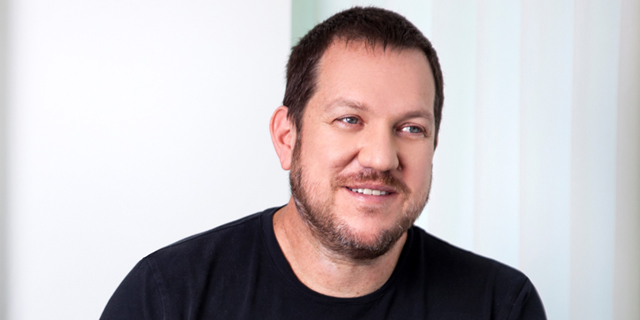
Interview
Adapting to a New Normal Is the Key to Economic Recovery
Ronen Nir, general partner at investment group Viola Ventures, talked to CTech about the lessons learned from the coronavirus pandemic and what to expect next
Allon Sinai | 16:54, 07.04.20
Returning to normal. It sounds so simple. But for much of the world's population these days it has become an almost impossible dream. The outbreak of coronavirus (Covid-19) has changed so much and to such an extent that one can ask if there is even a normal to go back to anymore. Enter the new normal. According to Viola Ventures General Partner Ronen Nir, that is what all companies will need to get accustomed to in the coming months, whether they are looking to profit from the situation or simply survive and keep their business afloat.
Nir breaks down the business challenges presented by the coronavirus crisis into three main stages. The first, which is already over in Israel, saw companies deal with the shock of the pandemic outbreak, for example adjusting to having their employees work remotely from home. The second, which is still ongoing, is focused on reducing expenses and limiting risks. Nir, whose areas of focus at Viola, an investment group with over $3 billion in assets under management, include SaaS and vertical B2B solutions, expects stage two to last until the end of April when he believes the Israeli market will enter the third and final stage. "In the third stage we will discover the new normal, in which the company has to continue working with a diminished budget. All companies need to conduct a significant deep analysis regarding macro developments as well as scenarios regarding their specific vertical," Nir said in a Sunday interview. "Until now companies were focused inwards, on ensuring they can continue to be productive. In the third stage, demand comes into play and there will be a far greater sensitivity to what is happening outside of Israel,” Nir said. “Ultimately, even after optimizing their operations, Israeli startups can't survive over time if they don't have a market. Their market is of course the international market, the U.S. in particular and Europe and Asia to a lesser extent,” he said. ”We are entering a stage in which the future of companies depends on how their target markets are dealing with coronavirus far more than how Israel is dealing with coronavirus." With what is known as the V-shape recovery—the quick rebound of markets following a sharp fall—now effectively out of the question, a U-shape recovery, in which the bottom extends over at least several months, is the most likely and optimistic prediction. "It is clear that the recovery will be gradual and that industries such as air travel, professional sports, and tourism, which are based on large public gatherings, will take time to bounce back," Nir said, adding that he does not expect significant growth to return to markets until 2021. "Right now a U-shape recovery seems most likely, with the bottom of the U shape lasting for at least two to three quarters." The already challenging task of planning for the future is even more difficult today, Nir said."There are many coefficients of uncertainty. And the best way to deal with them is by taking a safety margin," he said. "The past couple of years of investing in Israeli tech were very successful and many companies have a lot of cash in the bank. But even the wealthy companies have made cuts and are acting prudently, not necessarily because they have to but because they are playing it safe." Nir said that companies may even choose to raise money during these difficult times and hurt their valuation just to ensure they have some funds with which to weather the storm.